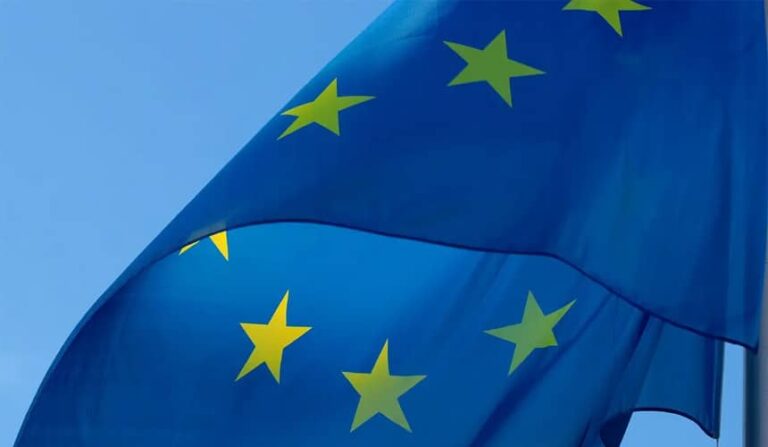The 6th EU-AU summit, held in Brussels on 17-18 February 2022, marked an important milestone
in the relationship between the European Union (EU) and the African Union (AU). After almost a
year and a half of delay, the summit provided leaders of both European and African countries
an opportunity to negotiate on a series of key topics that will shape the future of their relations.
Additionally, the summit provided a further opening for the regional bodies and their member
states to move away from an asymmetrical top-down relationship to a more vertical partnership
in which both sides negotiate deals based on sound analysis, trust and mutual respect.









